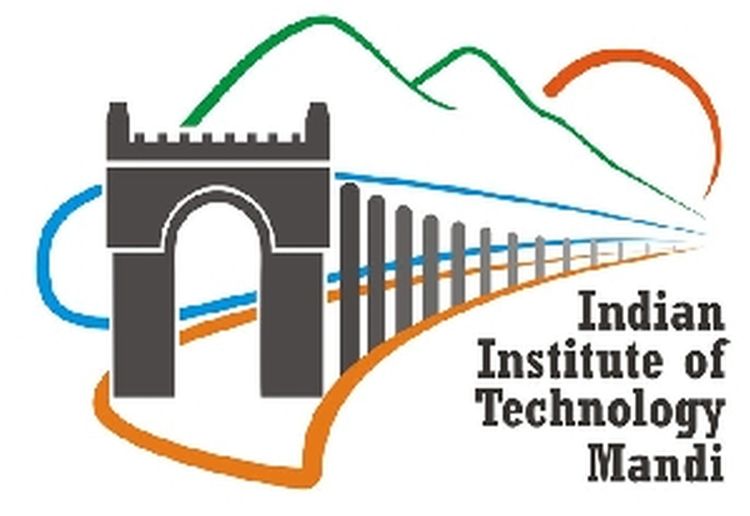Beyond Ranks: Government Unveils Comprehensive Reforms to Prioritize Student Well-being in Coaching Centers. The Central Government takes a holistic approach to reshape the private coaching center, from curbing arbitrary fees to ensuring age-appropriate enrollment. By eliminating misleading promises and introducing mandatory registration, these reforms mark a paradigm shift towards fostering a nurturing educational environment.
In a bid to curb the arbitrary practices of private coaching centers and address the alarming rise in student suicides, the Central Government has unveiled a set of comprehensive guidelines. According to these new regulations, the establishment of private coaching centers will now require mandatory registration and stringent conditions will be enforced to ensure the well-being and proper education of enrolled students.
One of the key provisions stipulates that individuals seeking to open coaching centers must register first. Moreover, children below the age of 16 will no longer be eligible for enrollment, and admission procedures will be permitted only after successful completion of the secondary school examination. This move is a direct response to concerns regarding the increasing suicide cases among students preparing for competitive exams such as NEET or JEE.
The guidelines also aim to tackle the issue of exorbitant fees charged by coaching centers. These institutes will no longer be allowed to impose arbitrary fees on students, providing relief to parents and guardians. Additionally, coaching centers are prohibited from making misleading promises or guarantees of ranks or good marks to attract students.
The Ministry of Education, which formulated these guidelines, received numerous complaints about various issues plaguing coaching centers, including student suicides, fire incidents, lack of facilities, and questionable teaching methodologies. The regulatory framework seeks to address these concerns and establish a legal structure to manage the unregulated growth of private coaching centers.
The conditions for registration outlined in the guidelines are stringent. Coaching centers are barred from engaging tutors with qualifications lower than graduation, enrolling students below 16 years of age, and making misleading promises in advertisements related to coaching quality or results. Minimum space requirements per student, adherence to safety codes, provision of first aid and medical facilities, and other infrastructure requirements have also been mandated.
Furthermore, the guidelines emphasize the importance of co-curricular activities for comprehensive student development. Coaching centers are encouraged to provide career guidance and psychological counseling to prioritize the mental well-being of students.
The registration process involves submitting applications, complying with specified conditions, and undergoing renewal procedures. Fee-related matters, including transparent fee receipts, fair charges, and refund policies, are addressed in the guidelines. The cancellation of registration is possible if a coaching center violates any provisions or terms and conditions, though the center is entitled to present its case before such a decision is made.
In essence, these guidelines represent a significant step towards regulating private coaching centers, ensuring a safer and more conducive environment for students to pursue additional educational support.





